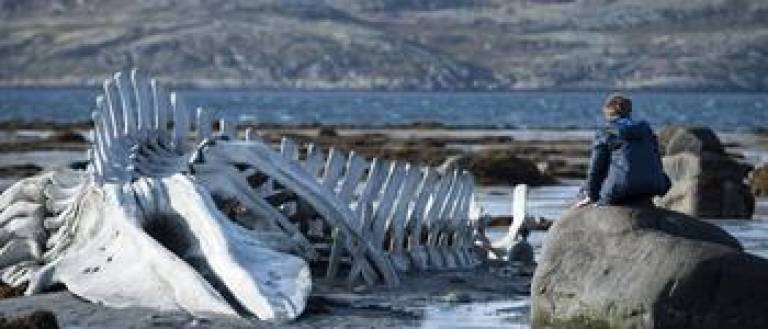Round-table discussion of Andrei Zviagintsev’s Leviafan (Leviathan, 2014)
08 December 2014, 6:00 pm–12:00 am

Event Information
Location
-
Room 433, UCL SSEES, 16 Taviton St, LONDON, WC1H 0BW
Led by Philip Cavendish (UCL SSEES), Julian Graffy (UCL SSEES) and Vlad Strukov (University of Leeds)
Andrei Zviagintsev’s fourth full-length feature, Leviafan (Leviathan, 2014), has become something of a cause célèbre in Russia.
At the time of its first public screening at the Kinotavr festival in June, it seemed that a domestic release for the film was unlikely, both because of its controversial subject-matter (political corruption in contemporary Russia), and because of the screenplay’s recourse to ‘non-normative’ language (i.e. swearing), which meant that, potentially, it breached new legislation which forbids such language in the public domain. In a surprising twist, however, despite the misgivings of the Russian Federation’s Minister of Culture himself, Vladimir Medinskii, who announced that he did not personally like the film (this despite the fact that his Ministry had given the production financial support), Leviafan has been nominated as the official Russian entry for the foreign-language Oscars, and its domestic release has been approved for the New Year, albeit presumably with its soundtrack altered to minimize or remove language deemed offensive. Earlier this year Leviafan won Best Screenplay award at the Cannes Film Festival; and last month it became the Official Competition winner of the 58th London Film Festival. It has been enthusiastically reviewed by film critics in the UK national press, and continues to be screened at cinema venues in London.
The Russian Cinema Research
Group’s round-table discussion of Leviafan will
led by three participants: Dr Philip Cavendish (UCL SSEES); Emeritus Professor
Julian Graffy (UCL SSEES); and Dr Vlad Strukov (University of Leeds). Dr
Cavendish recently published a scholarly article on Vozvrashchenie (The
Return, 2003), Zviagintsev’s first full-length feature, in Slavonic and East European Review (July
2013); Professor Graffy, a specialist in Russian and Soviet cinema, has
published on Zviagintsev’s second and third full-length features, Izgnanie (The
Banishment, 2007) in Sight
and Sound (September 2008), and Elena (2011) in the
academic e-journal Kinokultura (issue
no. 35, 2012); and Dr Strukov, an expert on contemporary Russian cinema and
digital culture, has published on Vovrashchenie in Slavic and East European Journal (June
2007). The participants will present brief position papers
lasting 10-15 minutes, after which the audience will be invited to take part in
a discussion of the film.
 Close
Close

